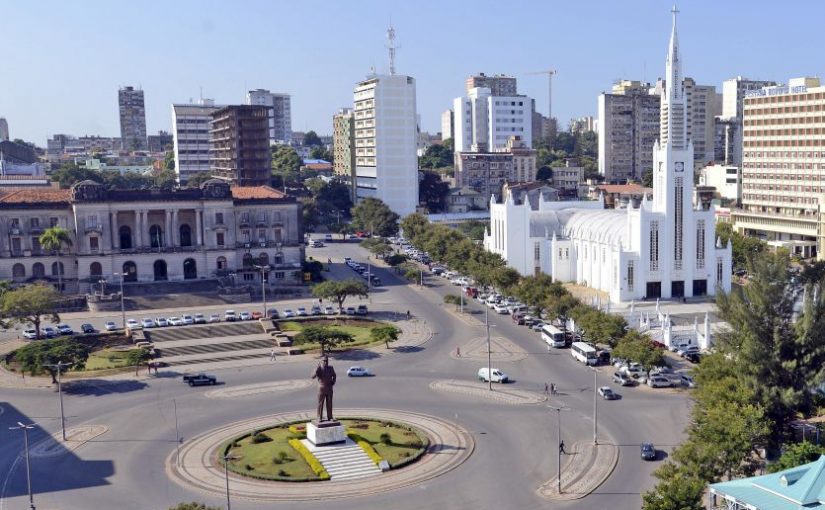Mozambique approves investment projects worth over US$4.2 billion in H1 2025
FDI in Mozambique fell 26 per cent last year

in file CoM
Amidst the austerity and the so-called ‘hidden debts’ that have edged Mozambique into disrepute on the international scene, 2018 was marked by the severe drop in FDI, according to figures presented by the United Nations Conference on Trade and Development.
In the World Investment Report 2018 released in Geneva on Monday, UNCTAD reveals a 26 per cent drop, to US$2.3 billion, in the volume of Foreign Direct Investment (FDI) in the reference year compared to 2017.
However, the report looks forward to a long-term scenario with the country enjoying the potential for liquefied natural gas exploitation from 2023 onwards.
Coal is another raw material that will leverage investment in Mozambique, UNCTAD highlighting consortia of Chinese, British and South African investors whose projects are in their early stages.
The fall of FDI in the country is a reflection of Southern Africa region as a whole, for which the report indicates a fall of 66 per cent last year.
In South Africa, FDI declined 41 per cent to US$1.3 billion, influenced by the low price of major export commodities and political uncertainty. US investors continue to be the largest source of FDI there, and European investors, led by Germany and the United Kingdom, have remained very active in South Africa through initiatives such as reopening the BMW factories.
Zambia contrasts with the rest of Southern Africa, with FDI increasing by 65 per cent to USD 1.1 billion, due to growth in the copper industry. The Zambian government is committed to diversifying its economy beyond copper, having announced the construction of a US$ 548 million cement factory and various food industry projects.
Trade Agreement
In March 2018, 44 members of the African Union signed the African Free Trade Facilitation Agreement known as AfCFTA.
Nigeria and South Africa are largely absent from this agreement. South Africans, for example, only signed the Kigali Declaration – the document establishing the agreement.
If successfully ratified and implemented, AfCFTA will be the largest trade agreement to come into being since the creation of the World Trade Organisation in 1995.
The impact of AfCFTA on FDI will be mainly on non-commodity investments.













Leave a Reply
Be the First to Comment!
You must be logged in to post a comment.
You must be logged in to post a comment.